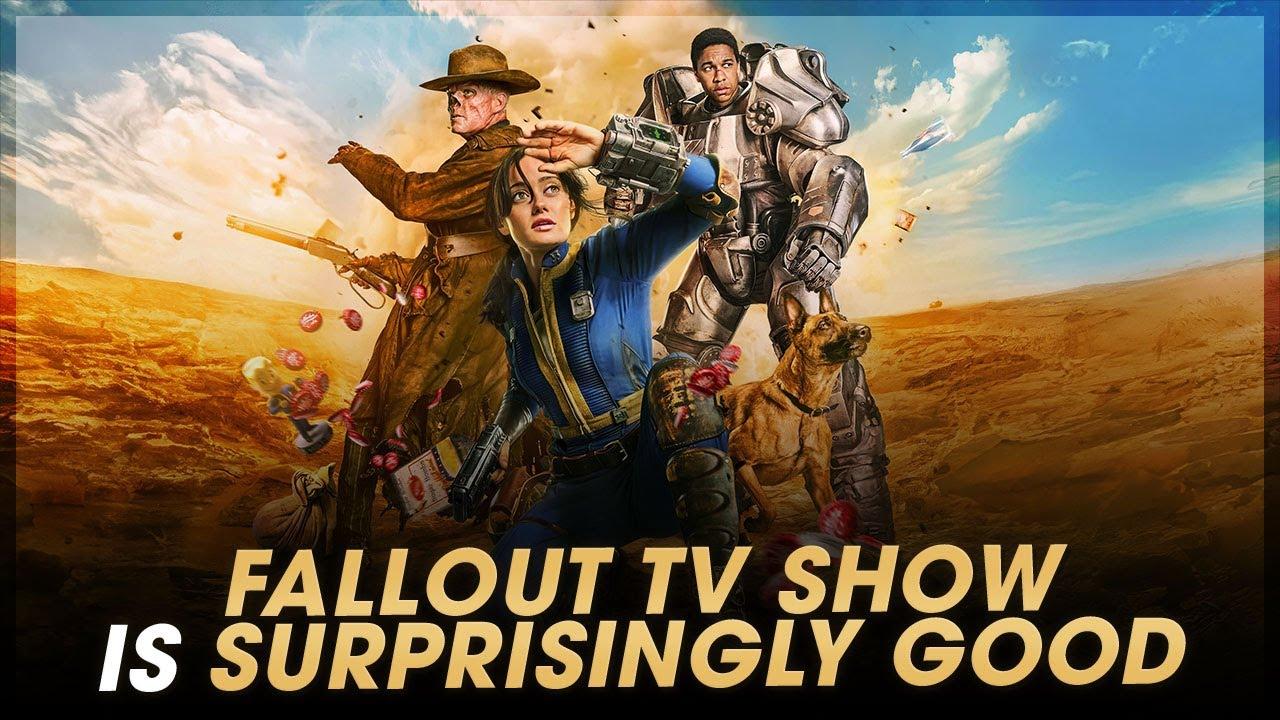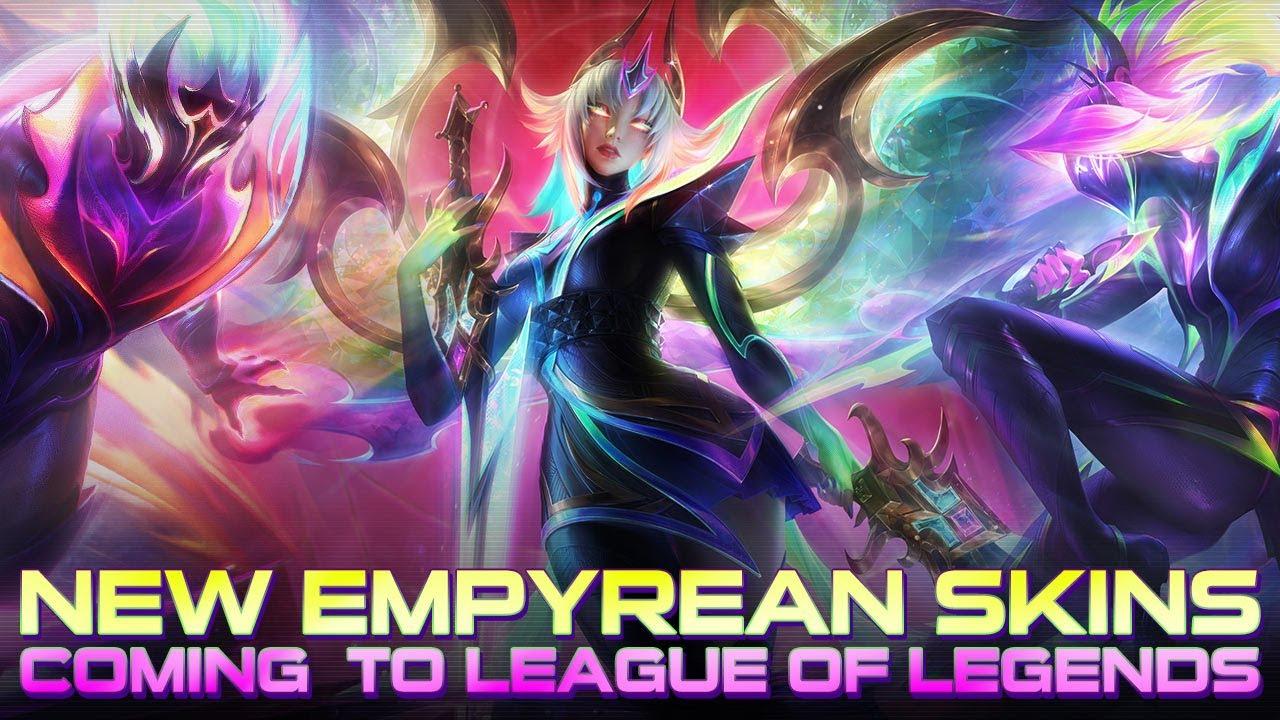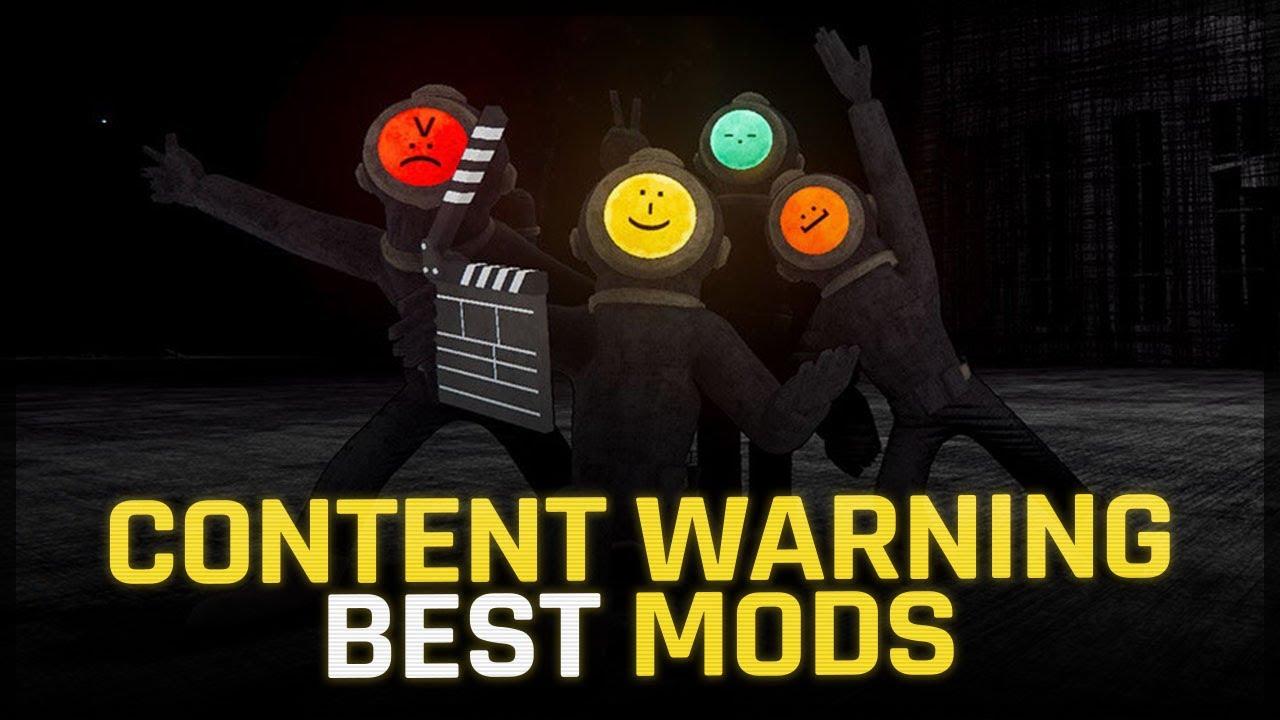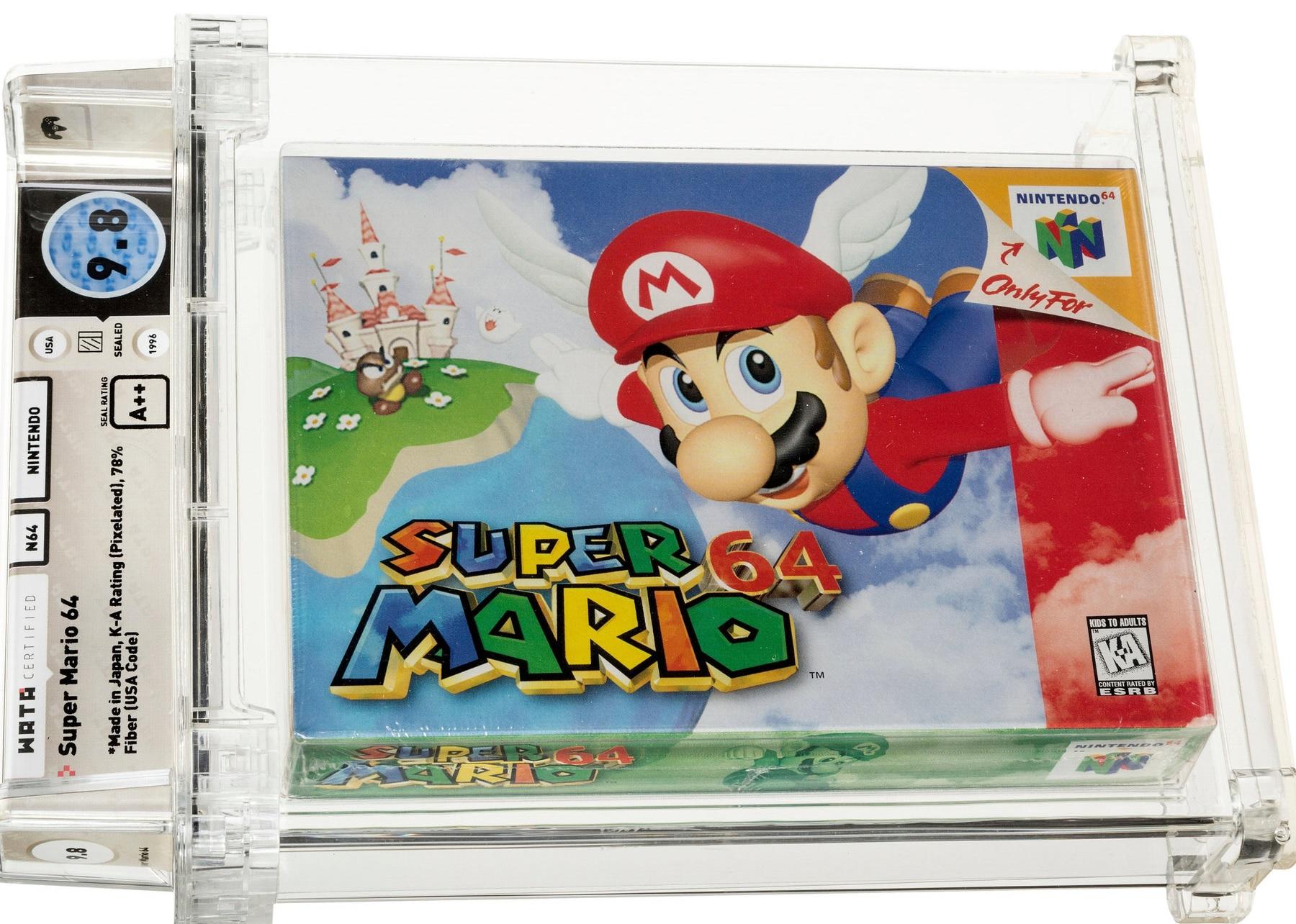
What is WataGames and how are collectible video games graded?
Collectibles are back in 2021, but it’s not just baseball cards and limited-edition statuettes that are being snapped up and sold for absurd amounts of cash. Video games are in the mix too.
The new hot-ticket item on the market is video games. An unopened copy of The Legend of Zelda for the NES sold for $870,000. Not long after that, an in-box copy of Mario 64 for the Nintendo 64 sold for over $1.5 million. The common denominator between those two items, aside from being classic Nintendo titles, was that they were both highly rated by WataGames.
So what is WataGames? And how does it work?
What does WATA do?
WataGames is a company that grades the condition of classic video games. It serves the same purpose of Beckett and PSA in the realm of trading cards, giving a defined standard for grading the quality and condition of a collectible item based on a number of different factors.
Huge mail call today!! #watagames pic.twitter.com/69vKyIFi5l
— SideQuest Games (@ThePlace4Gamers) October 2, 2018
Though grading video games as a collectible item is still a novel concept, high-end auction sites have already been regarding WataGames as an authority on the subject. WataGames does not give specific details on its methodology for grading items in the same way that Beckett and PSA do, but notes that the process involves three agents working on each game.
WataGames grades video games and the materials surrounding them including boxes and instruction manuals, but does not handle consoles, controllers, Game Genies, Action Replays, or accessories at this time. It also refuses to service some specific games, particularly those with oversized boxes used to house extra accessories such as Hey You, Pikachu for the Nintendo 64 and many Dance Dance Revolution game bundles.
Games for most major past-gen video game consoles are serviced. All Nintendo consoles prior to Nintendo Switch, all Sega consoles prior to the Dreamcast, PlayStation 1 and 2, and original Xbox and Xbox 360 games. Complete-in-box or factory-sealed games are required for most platforms, but loose NES and SNES cartridges can be accepted.
How does WataGames grade games?
WataGames has two grading scales: one for the quality of the piece itself and a second separate scale specifically for the quality of the wrap on factory-sealed games. All items are graded on a scale of zero to 10, while factory seals are given another separate rating with a letter grade between C and A++. For example, the $1.5 million copy of Mario 64 was rated at 9.8, while its factory seal was rated at A++.
For cartridges, WataGames looks at the state of the cartridge itself in search of scuffs and scratches, as well as the condition of the label and contacts. The box is effectively rated on how much damage it has taken, which can include dents, beaten corners, and rips.
Factory sealing is much the same. A pristine factory seal can be rated A++, but scratches, scuffs, stretching, holes, and blemishes including price tags will bring the grade down. A game is no longer considered to be factory sealed if it can be removed from the plastic wrapping without it being torn further. Examples of what submissions look like for different grades can be found on the WataGames website.
Recommended
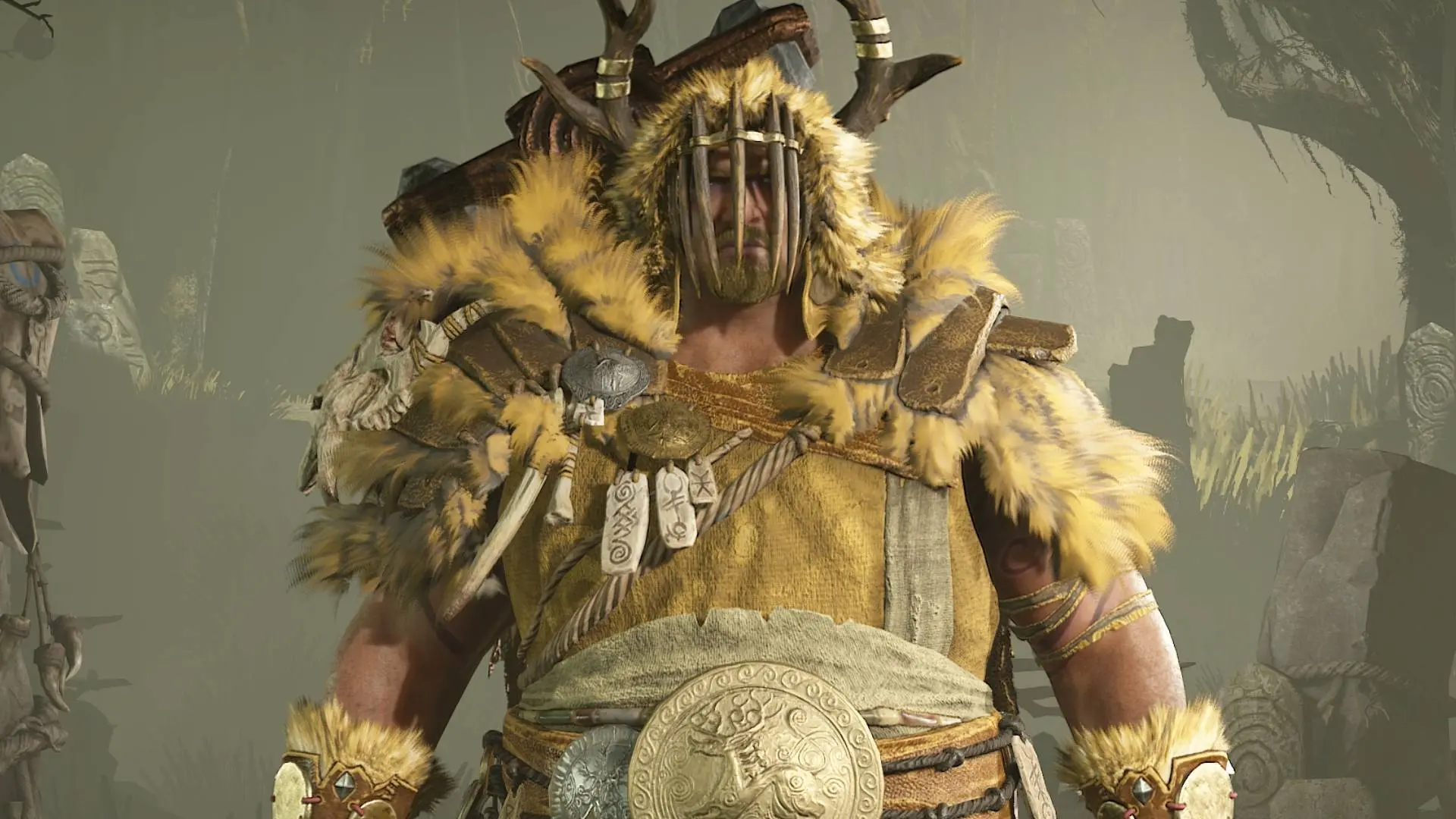
Diablo 4 Thorns: How does it work?
It’s a simple, but powerful substat.

All the methods and secrets for quickly increasing your rank in Call of Duty Warzone 2
CoD Warzone is one of the most dynamic projects in the battle royale genre, which allows players to...
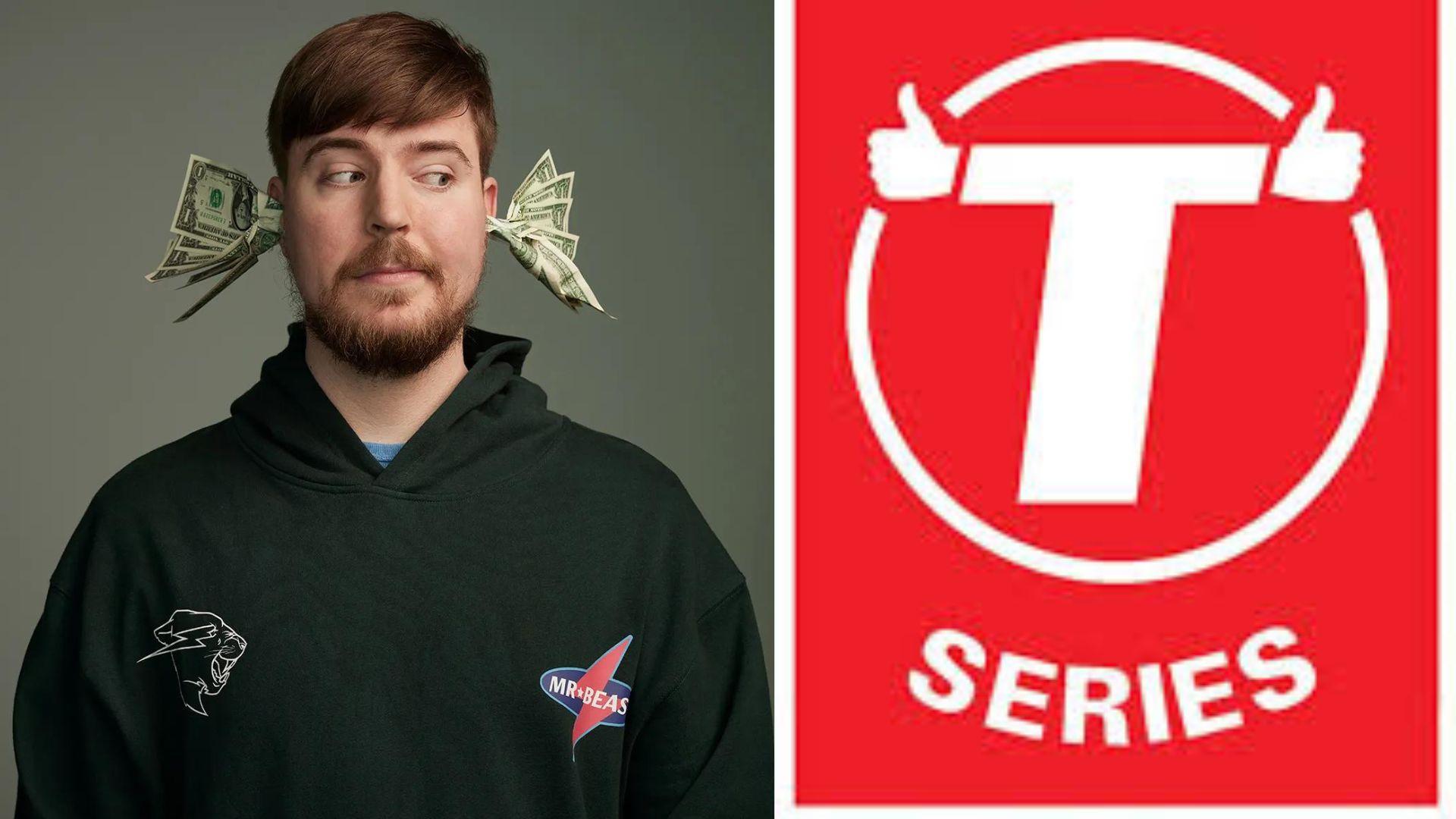
MrBeast vs T-Series war is real, latest X interaction proves
Mr Beast has accused T-Series of hiding his comment.

